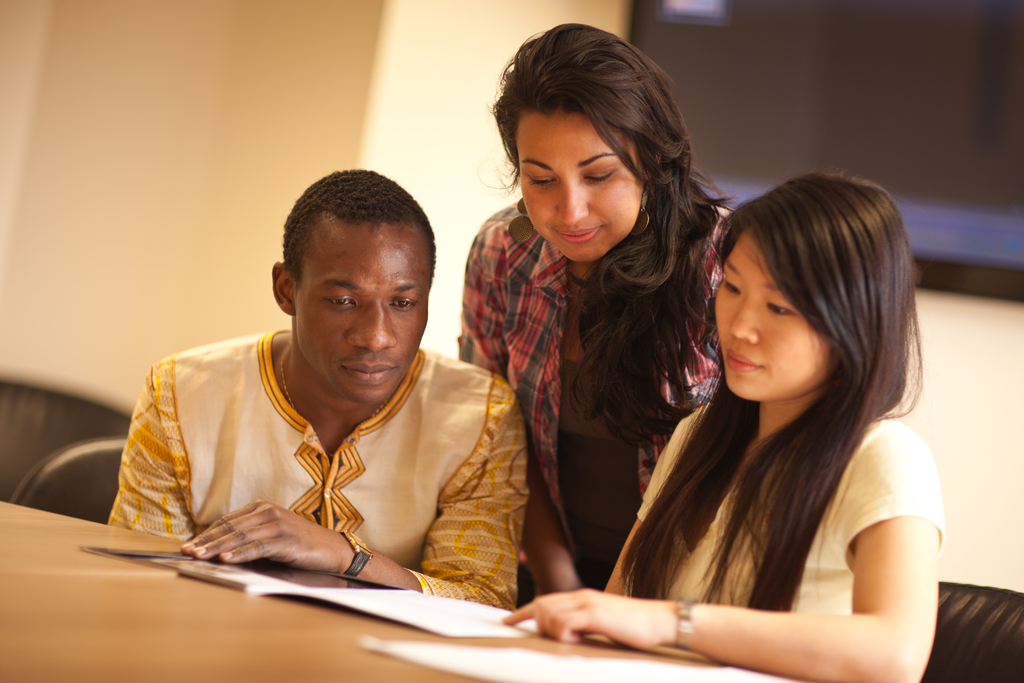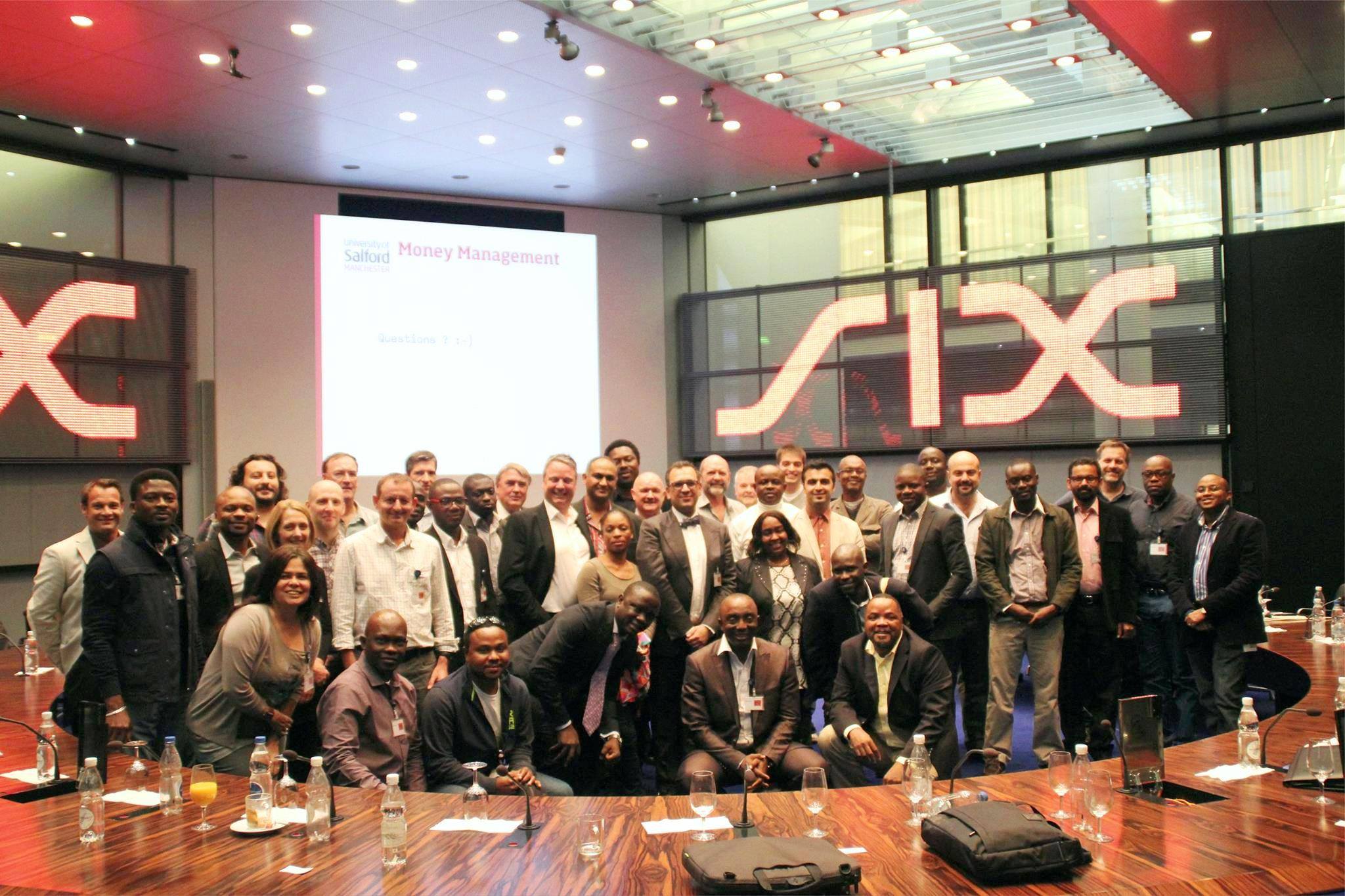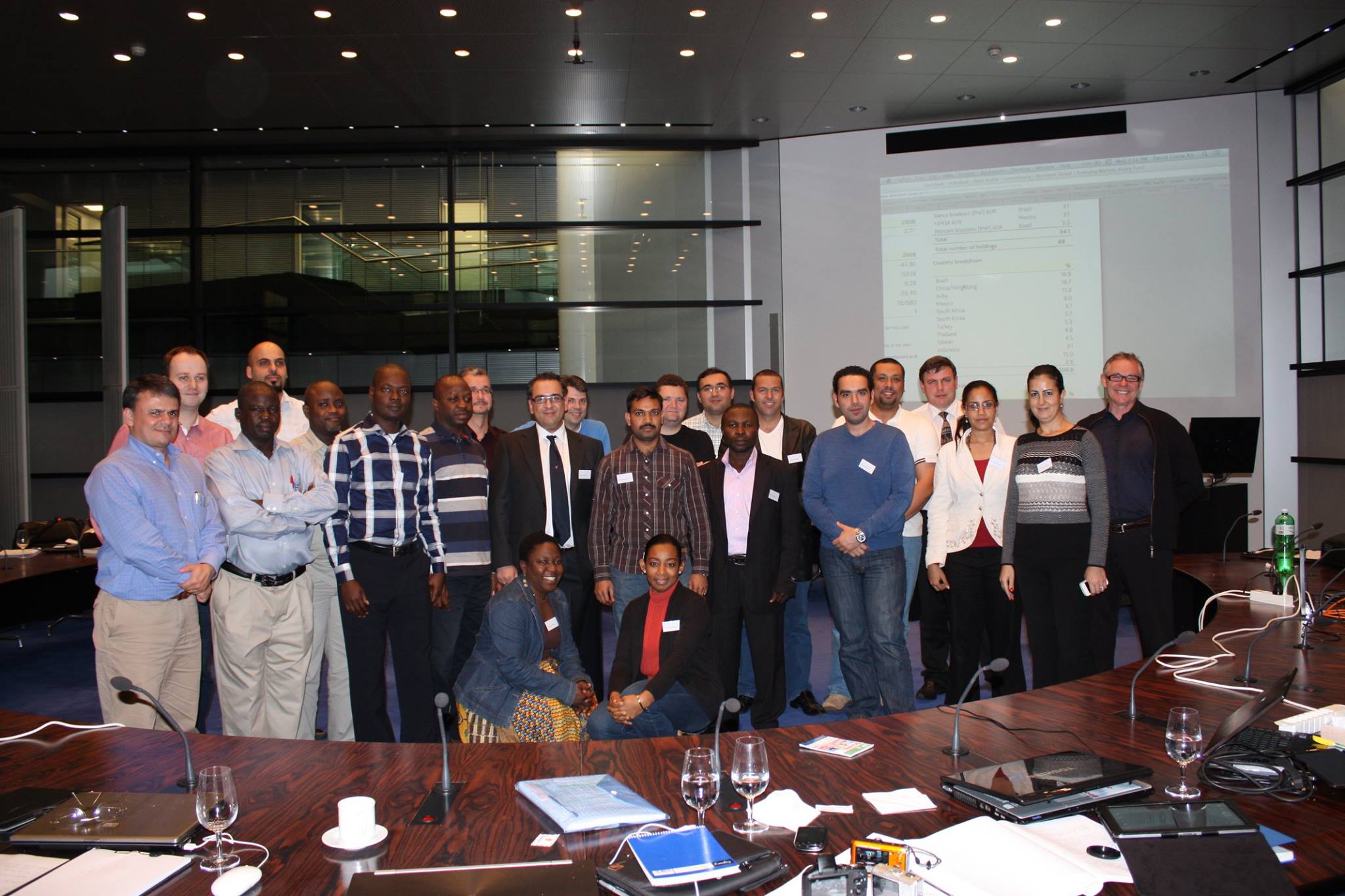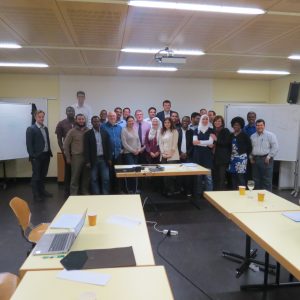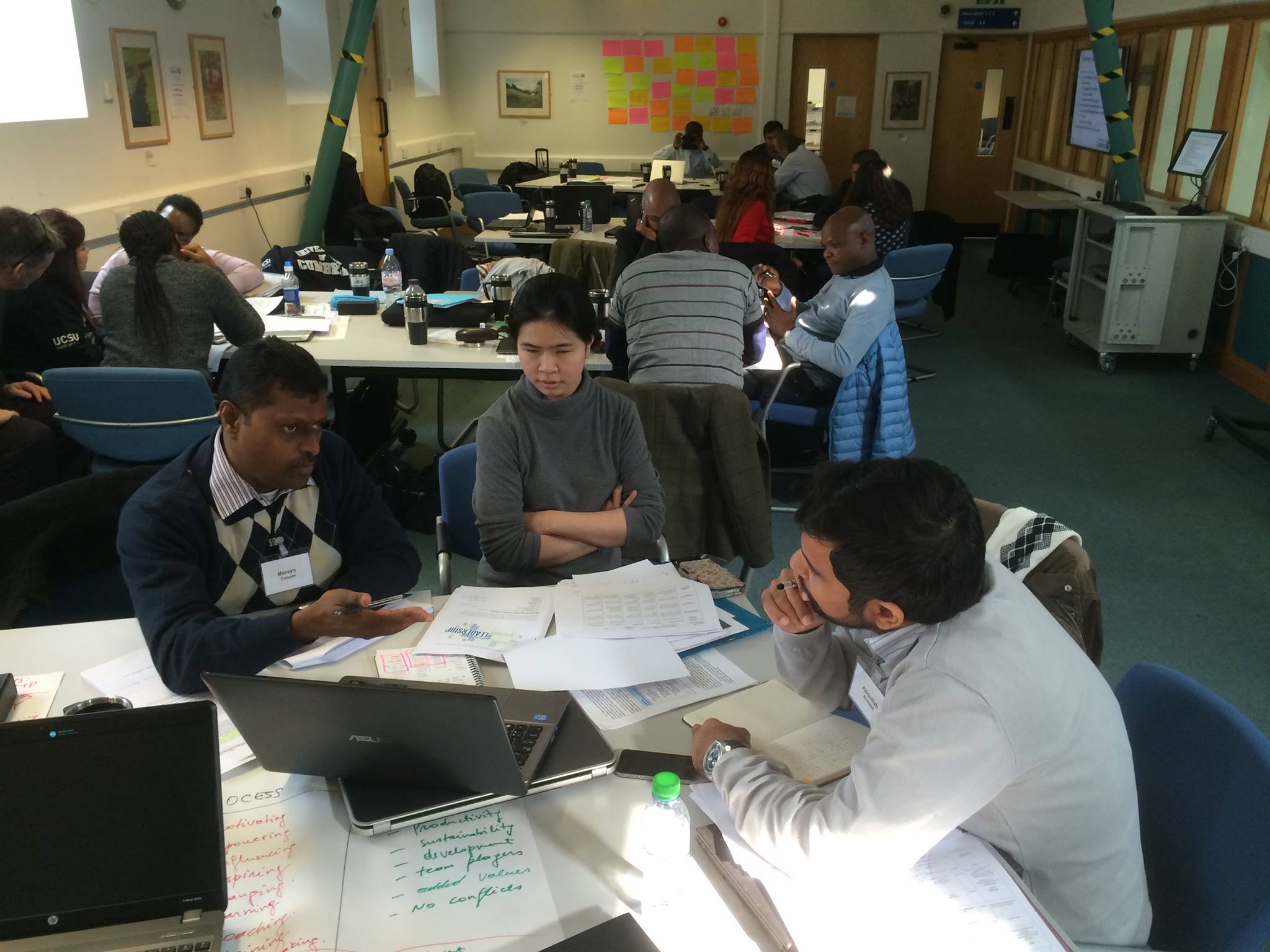Normally I would have published this weekly blog couple of days ago; so what different happened this time?….. I did Procrastinate!
I had been thinking hard to come up with a relevant topic all last week, when this idea struck me suddenly, ‘This is it!’, I thought – this is something all, students and professionals, can easily relate to and deal with in their daily lives. I was smirking that I got so much to write on this topic, I will finish the blog in no time! I should start tomorrow.. I thought to myself. And here we are! 🙂
So What is Procrastination?
-
the action of delaying or postponing something.“your first tip is to avoid procrastination”
Now that we have fair idea of what Procrastination means (I know, we know what it means, we live it everyday, well almost most of us..), I would like you to watch this interesting video that I found about procrastination:
Why do we procrastinate? According to Tim Urban, all of us have an instant gratification monkey within us. 🙂
Prof Pychyl says procrastination is making the choice to avoid doing something, even though we know this will cost us in the long run. He says it is different from intentionally delaying doing something, and it is not a problem of time management, but a failure to control our emotions. The problem is our brains are programmed to procrastinate.
“When we procrastinate, we are trying to improve our mood by avoiding doing something that feels unpleasant to us,” he says.
“A bit like getting drunk or comfort eating, it is a coping strategy to feel better by distracting ourselves with short-term pleasure and forgetting about a problem.”
Lecturers suffer from procrastination too, with academic Twitter feeds talking about “writing guilt” and the battle between marking papers and watching Netflix.
With more people studying online, procrastination is a greater problem than ever before. As a student studying online courses, we do postpone our assignments and research papers and even studying for exams.
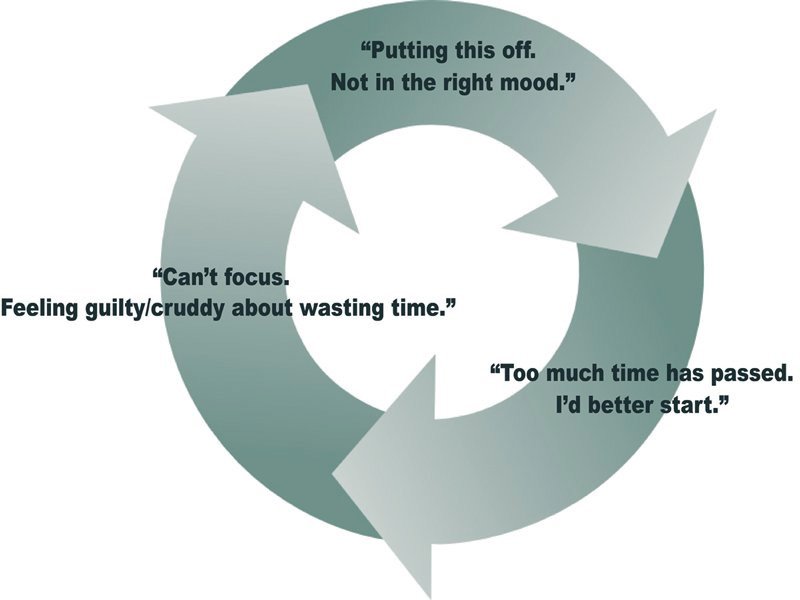
So what can we do to avoid Procrastination?
Well these are the top quick fixes that really help me get back on the track:
- Removing the obstacles to my task
- Re-aligning my focus
- Start from the start, no matter where I am – just dive into the task
- I don’t punish myself for not starting earlier….
- Set new realistic goals and be happy about it
- I tell myself that I don’t need to be perfect….it is alright to be imperfect
- Remove all fears about completing the task now
- And most importantly, I remind myself that all great people Do Procrastinate – from Steve Jobs to Frank Lloyd to Bill Clinton.
I interestingly, also found in a study that procrastination is in fact not that bad, as the procrastinators’ ideas were 28 percent more creative.
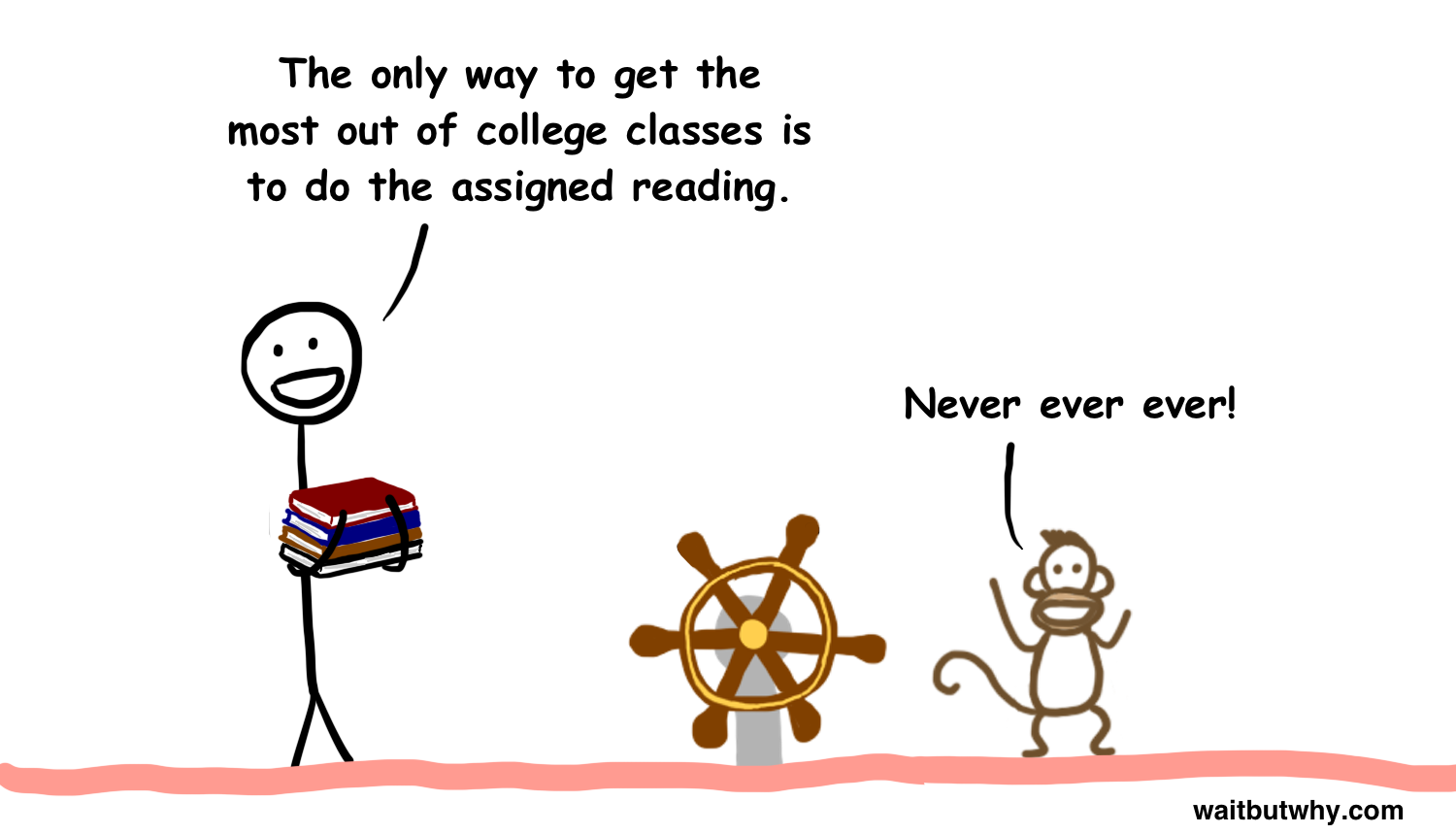
Do not procrastinate about your decision to study Masters. Find out more about the MBA, MSc, MA and LLMs programmes that we offer; get our catalogue now.

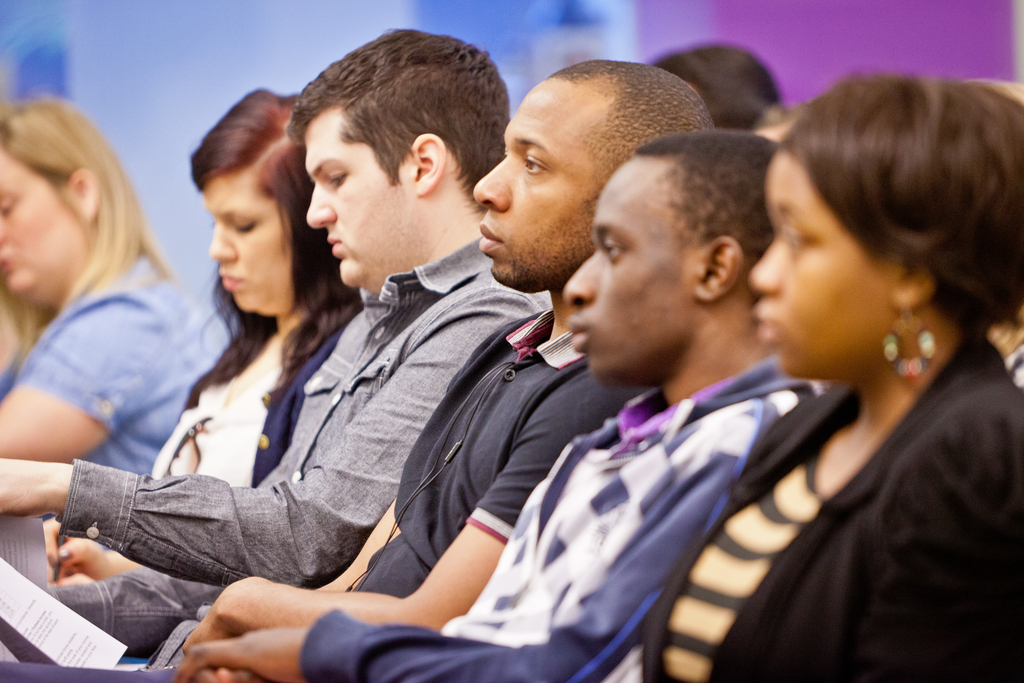
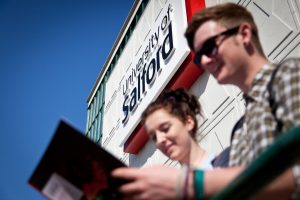
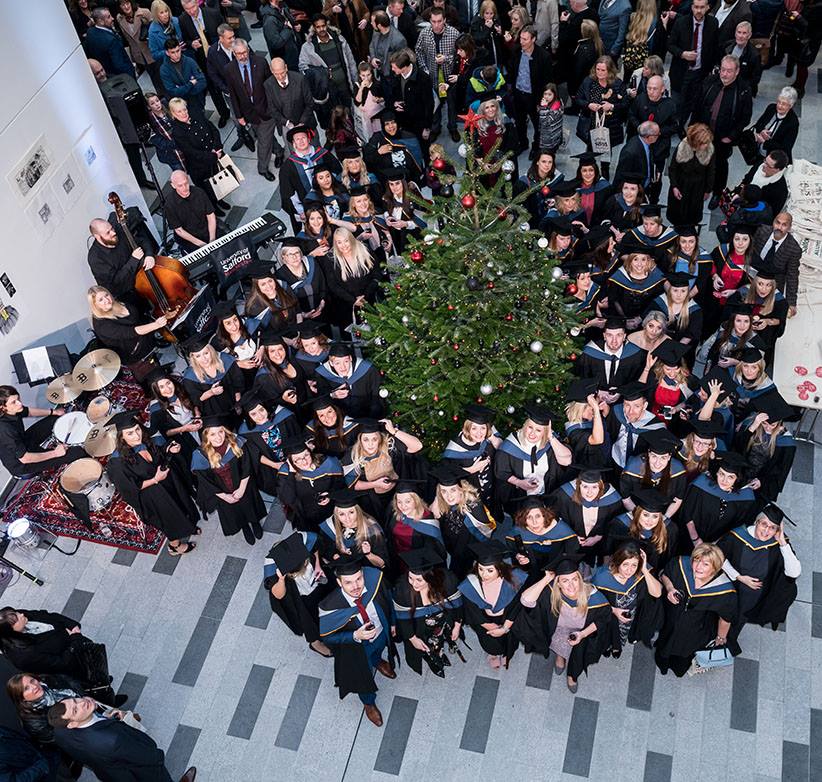






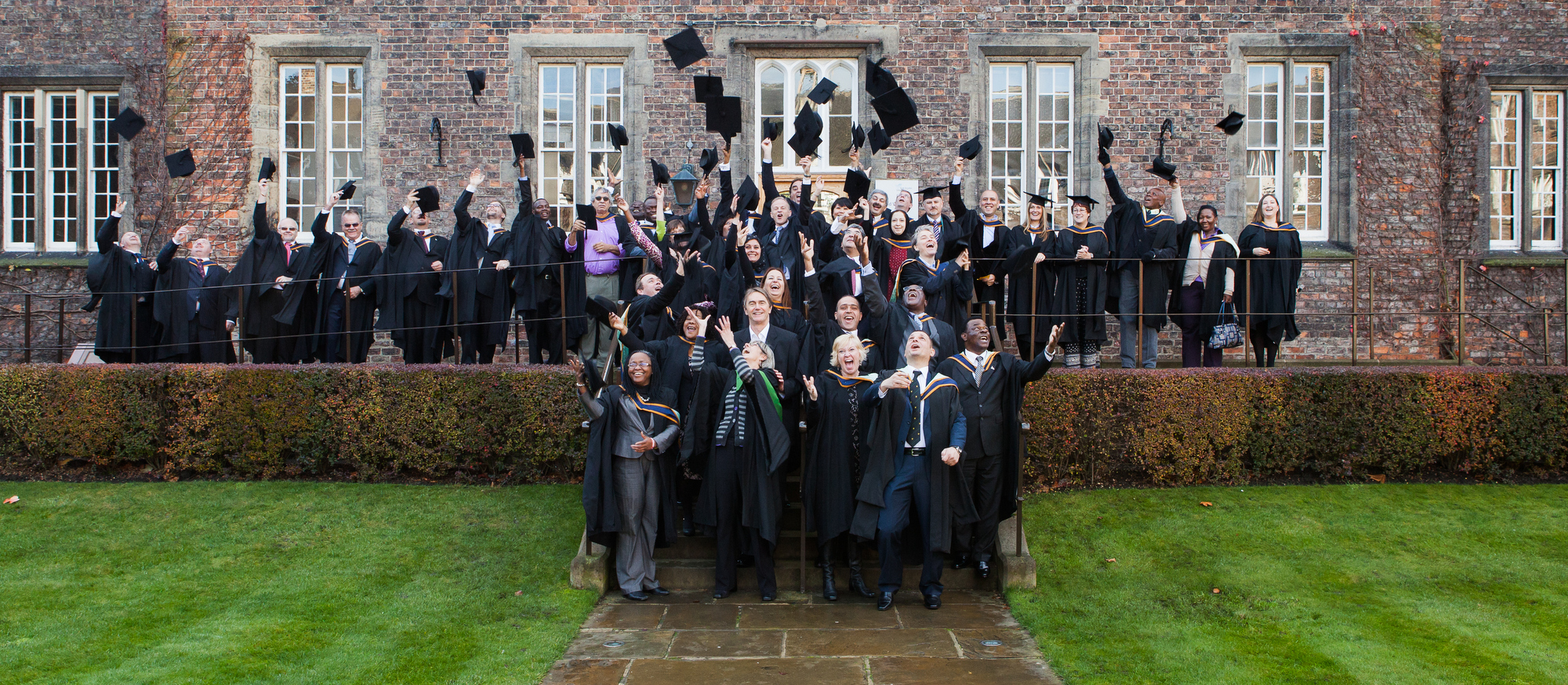
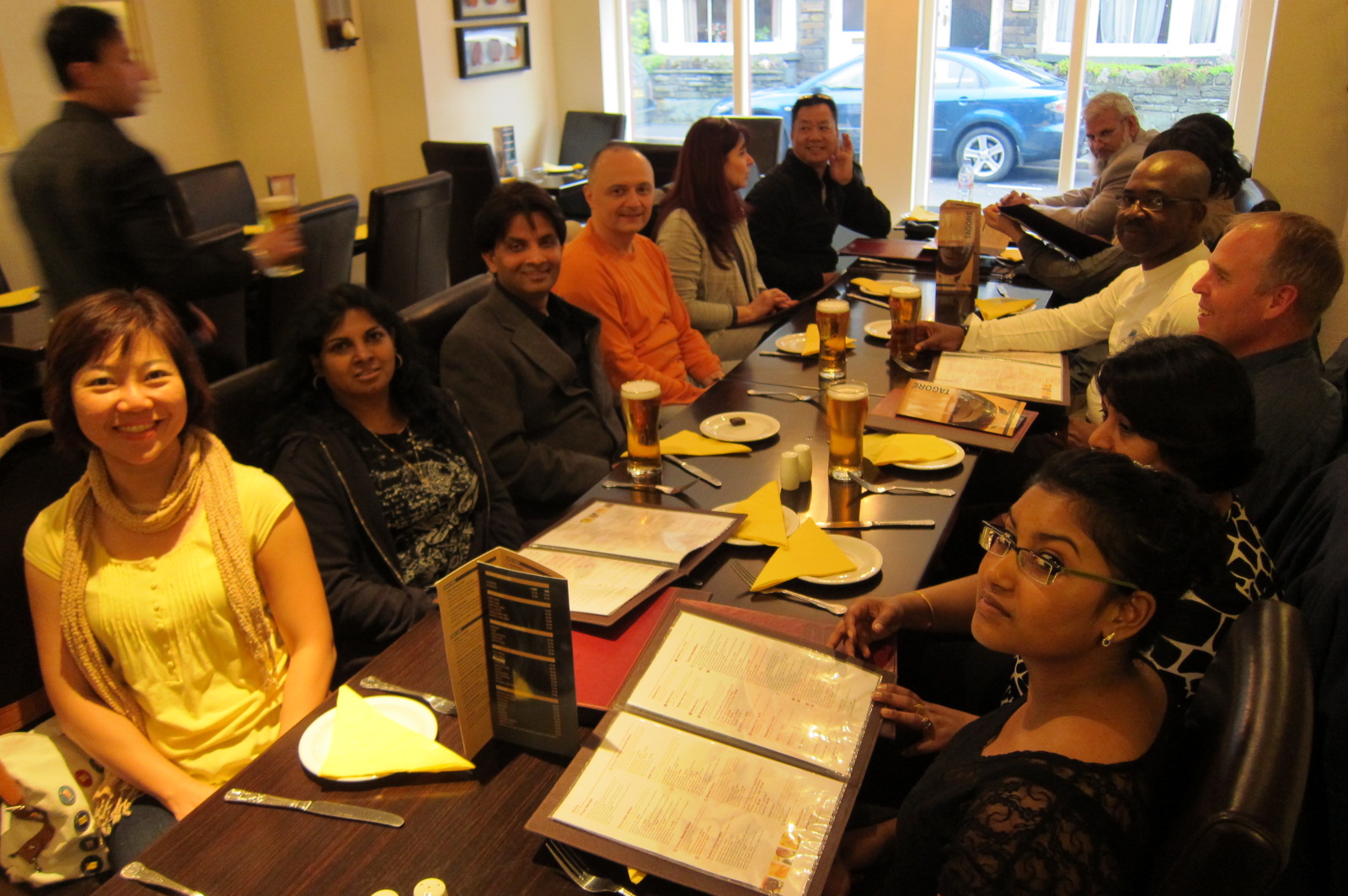
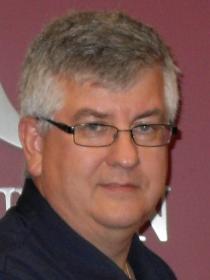
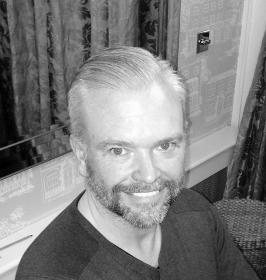 “When I enrolled with RKC my one aim was to achieve the Masters level Degree; however, I underestimated the value of the learning experience, which has been hugely rewarding and personally fulfilling. Further, as a result of the degree I have clearly improved the quality and quantity of my work output which has opened up new and exciting career opportunities. To be clear, obtaining your Masters is a lot of work but the rewards are well worth the effort.”
“When I enrolled with RKC my one aim was to achieve the Masters level Degree; however, I underestimated the value of the learning experience, which has been hugely rewarding and personally fulfilling. Further, as a result of the degree I have clearly improved the quality and quantity of my work output which has opened up new and exciting career opportunities. To be clear, obtaining your Masters is a lot of work but the rewards are well worth the effort.”